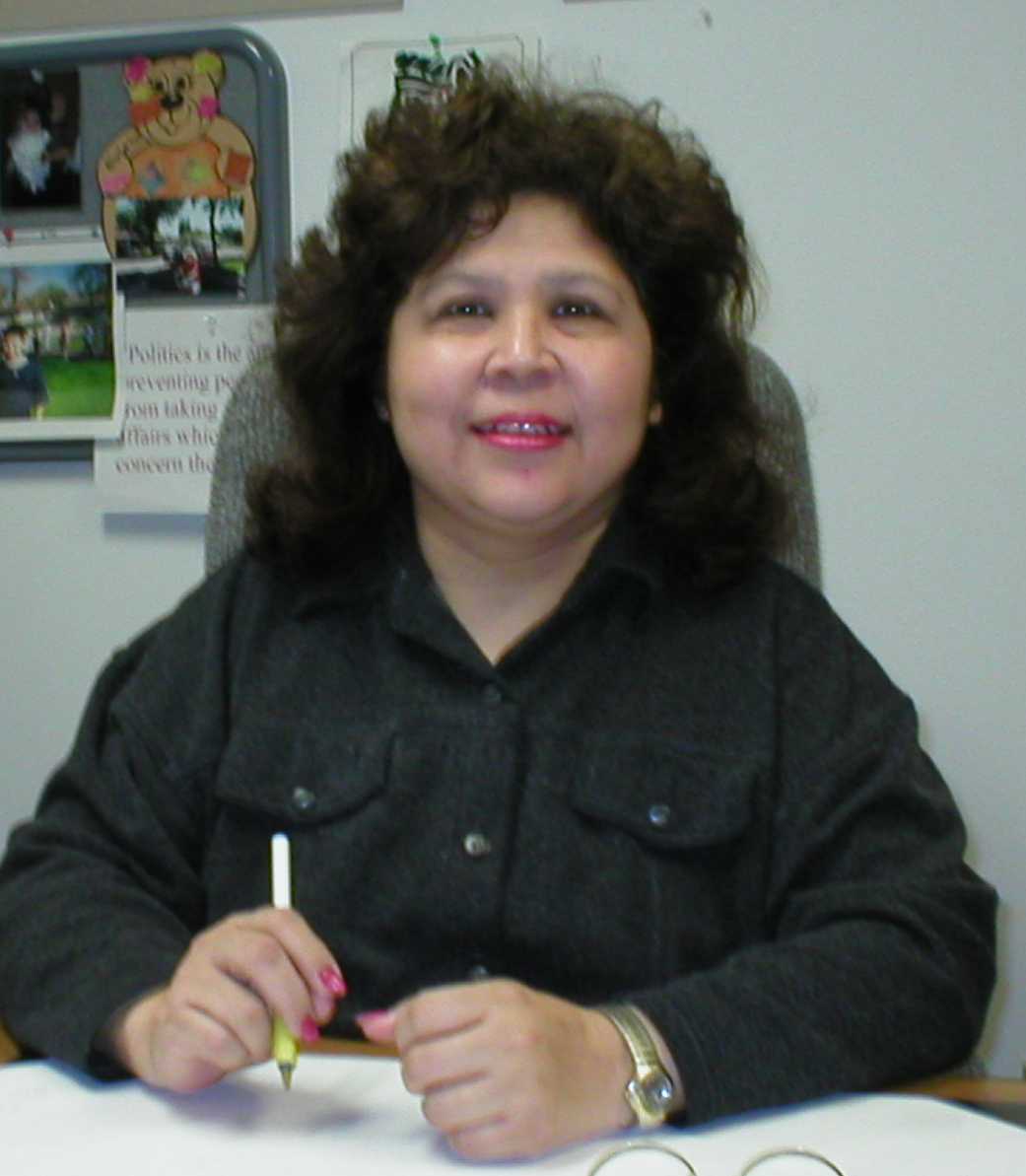JOSIE GONZALEZ
 |
|
SAMPLES FROM THE INTERVIEW ON MAINTAINING HER CULTURE IN AN AREA DOMINATED BY SCANDANAVIAN HERITAGE: "I think that from a very small age, given that I went to segregated schools, I had been conditioned to be bicultural. In order to survive, you have to… be able to, to do what you need to do to survive in a dominant, white dominant, culture. And at the same time, be able to keep your identity. And so I, completely, keep REMEMBERING THE DIFFICULTIES OF HER CHILDHOOD: "Actually, when I… was in sixth grade, I was working in the fields… There was an incident at our farm… We didn’t have bank accounts or anything like that and we were just um… completing the beet harvest. My mother had hid all of the money that we had just gotten paid in, under, a mattress and we had gone to Crookston. My brother had bought a motorcycle. And our house burned down with all the money in it. And, so, we could not return to Texas that year. That was the first year that we resettled here. And, because of our financial situation, both of my parents went to work and I had to stay with my brothers and sisters. So, after sixth grade, I wasn’t allowed to go back to school because I had to help to take care of my siblings, my younger siblings."
|